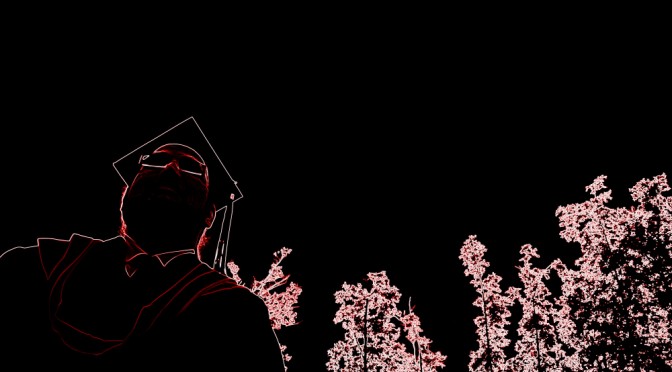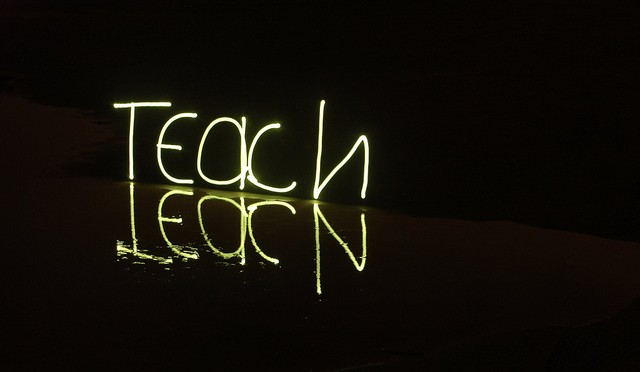Two Degrees
As two degrees are required to gain certification to teach in BC, this video marks the first major checkpoint in earning my first degree, as well as chronicling the academic encounter within my relationship.
I attempt to give a context of the personal meaning and academic studies in earning a Bachelor of Arts degree in a domestic partnership, and provide an enhanced artifact-alternative to the typical static family portrait on graduation day.
We are proud of our accomplishments and learning through adversity in life, and believe we should truly value our higher education for the transformative and uplifting experience it is for its own sake, regardless of any financial outcomes. That being said, in this video I also challenge the silence around difficulties in financing a degree. I also broach the subject of politics and business in the modern university designation, including institutionalized alienation and academic recognition, which usually includes a financial award for earning top grades.
Originally I included our transcript with grades for the viewer to consider the merit of the traditional grading system, including showing our family our failed and re-taken courses as well as our ‘best’ classes. We decided not to include the grades so the viewer may appreciate the subjects of study which encompasses the full qualification of our two degrees.
Best enjoyed full-screen with sound.

 Follow
Follow